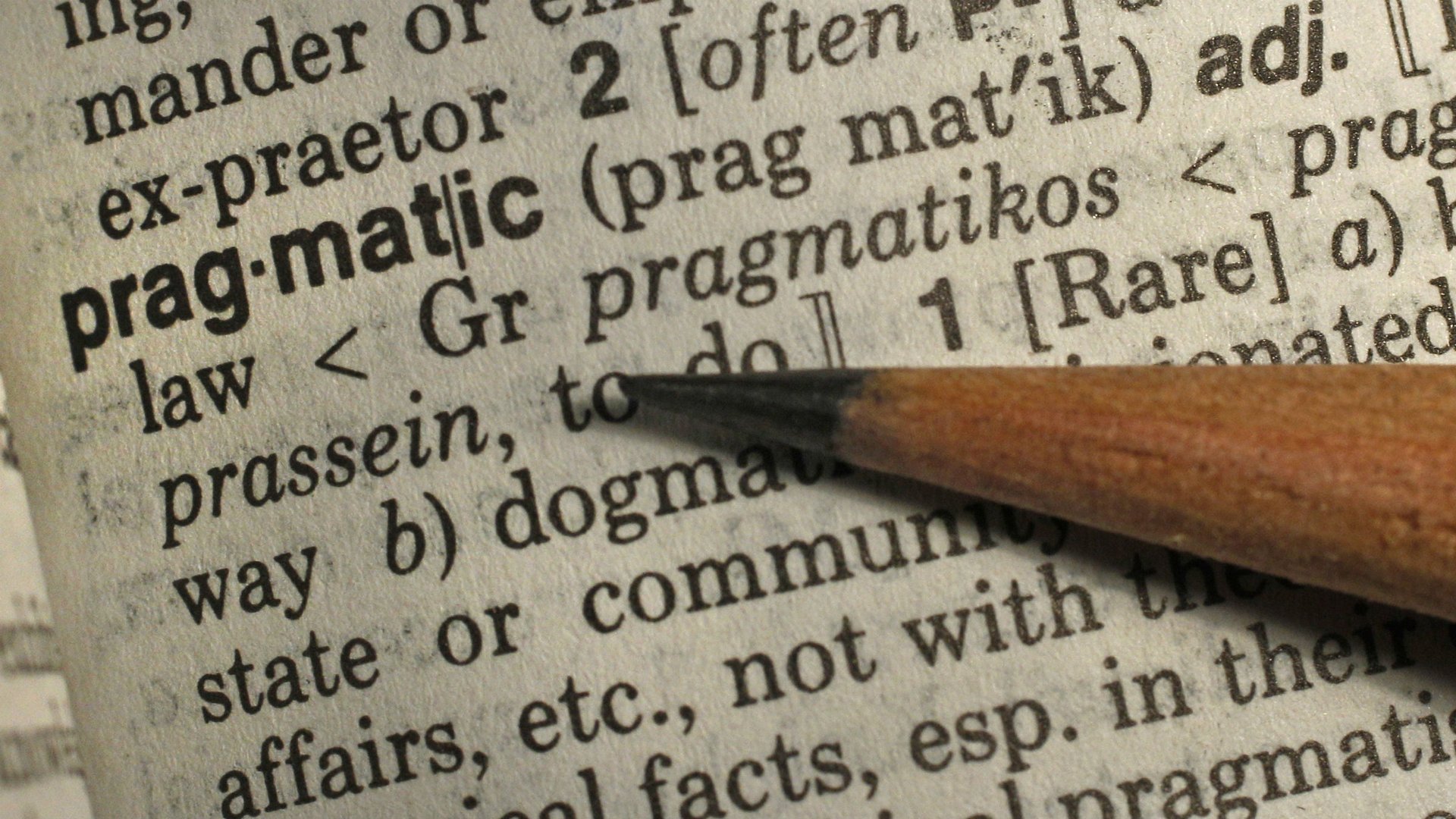The case of the missing “u”s in American English
When my American editor asked me to research why Brits spell their words with so many extra ‘u’s, I immediately knew he had it all wrong. As a British journalist, it’s perfectly obvious to me that we have the correct number of ‘u’s, and that American spelling has lost its vowels along the way.


When my American editor asked me to research why Brits spell their words with so many extra ‘u’s, I immediately knew he had it all wrong. As a British journalist, it’s perfectly obvious to me that we have the correct number of ‘u’s, and that American spelling has lost its vowels along the way.
“Color,” “honor,” and “favor” all look quite stubby to me—they’re positively crying out to be adorned with a few extra ‘u’s.
But it turns out that the “o(u)r” suffix has quite a confused history. The Online Etymology Dictionary reports that –our comes from old French while –or is Latin. English has used both endings for several centuries. Indeed, the first three folios of Shakespeare’s plays reportedly used both spellings equally.
But by the late 18th and early 19th centuries, both the US and the UK started to solidify their preferences, and did so differently.
The US took a particularly strong stand thanks to Noah Webster, American lexicographer and co-namesake of the Merriam-Webster dictionaries. Webster was a language reformer and, as Merriam-Webster.com notes, the creator of a dictionary in 1806 that attempted to rectify some of the inconsistencies he observed in English spelling. He preferred to use the –or suffix and also suggested many other successful changes, such as reversing “re” to create “theater” and “center,” rather than “theatre” and centre.”
However, other Webster proposals, such as changing “tongue” to “tung,” “women” to “wimmen,” “island” to “iland,” and “thumb” to “thum” were ultimately rejected.
Meanwhile in the UK, Samuel Johnson wrote A Dictionary of the English Language in 1755. Johnson was far more of a spelling purist than Webster, and decided that in cases where the origin of the word was unclear, it was more likely to have a French than Latin root. “We have few Latin words, among the terms of domestick use, which are not French,” wrote Johnson. And so he preferred –our to –or.
“I have endeavoured to proceed with a scholar’s reverence for antiquity, and a grammarian’s regard to the genius of our tongue,” he wrote. As such, he “attempted few alterations.”
So while the UK chose to preserve linguistic roots, the US opted to modernize spelling. And if you’re wondering which country got it right, the answer is, well, neither. Language is constantly evolving, and the US and UK simply went their different linguistic ways.